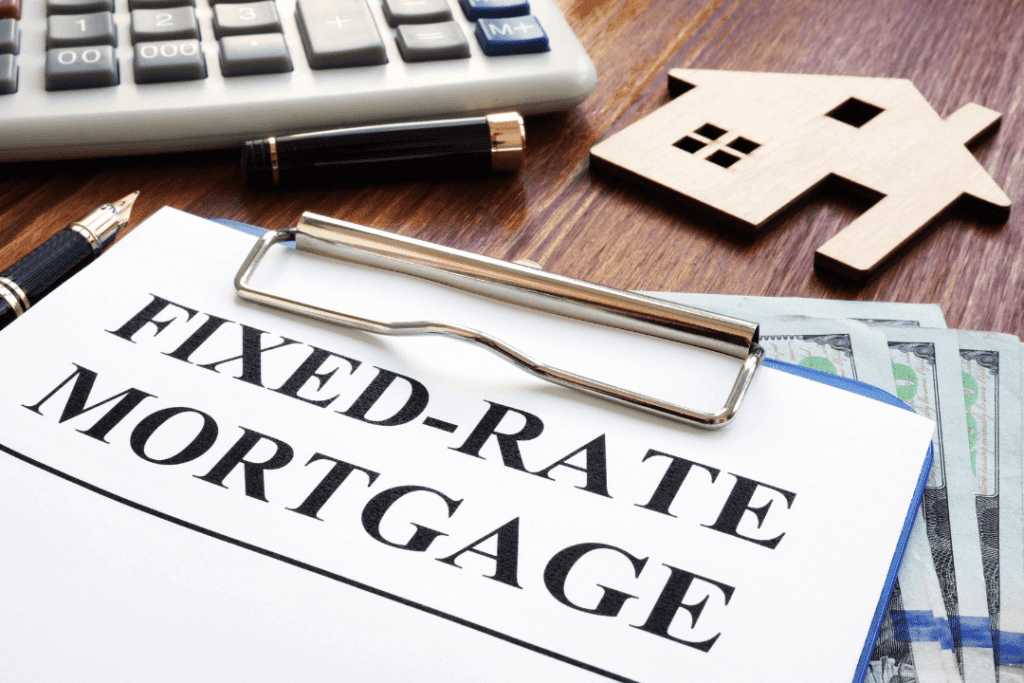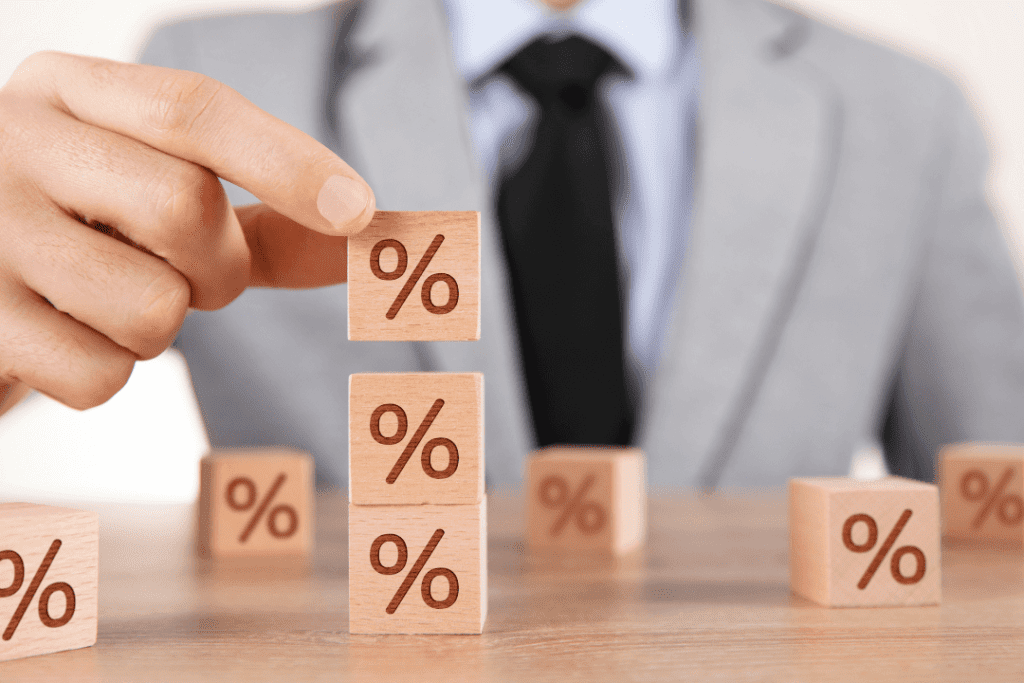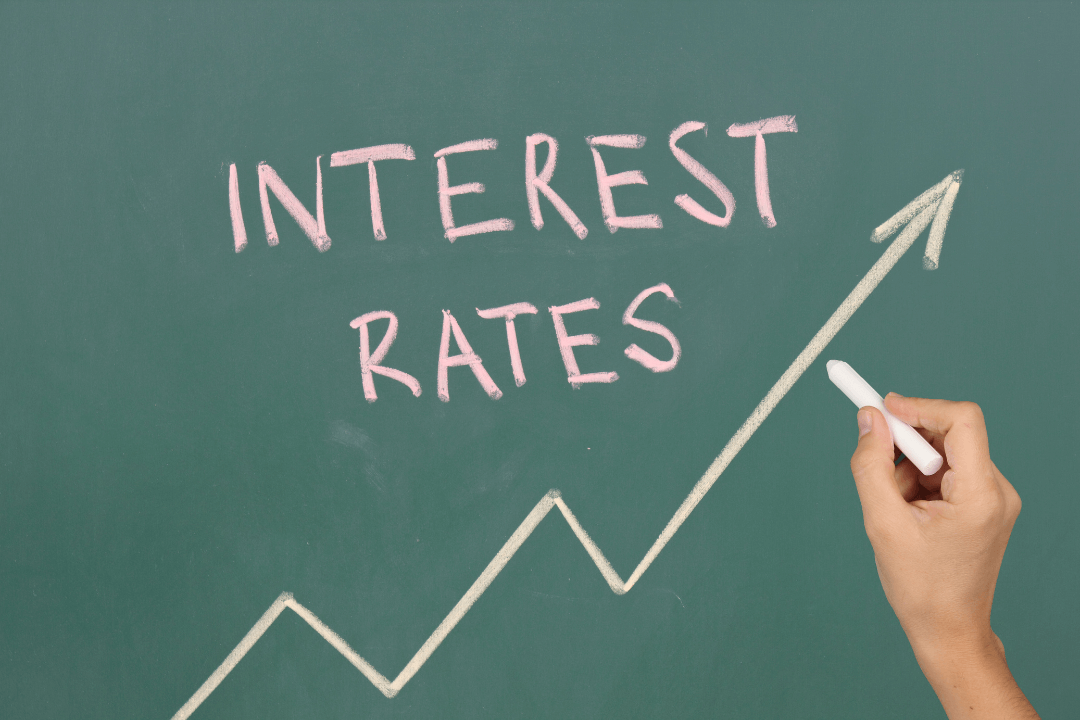
Fixed-rate loans and floating-rate loans are the two main categories of home loans that banks in Singapore offer.
One loan might be a better choice for you over another, however, as central banks continue to keep interest rates high, interest rates are becoming an important talking point, more so than factors such as lock-in periods, loan tenures, and repayment schedules.
This does not come as a surprise, as the US Fed has been maintaining the current interest rate while looking for the opportunity to perform their first cut. But should you be worried? What are some of the things you should look out for? At IQrate, we present the facts and the maths.
In this article, we will focus on interest rate history in Singapore, comparing fixed rate and floating rate packages offered by banks.
What is a Fixed Rate home loan?
Fixed-rate home loans in Singapore typically maintain the same interest rate over a given period (aka locked-in rate), usually ranging from 2 – 5 years. This means that the interest rate on your package is locked in and will not change regardless of market conditions.
After this period is over, your interest rate will change to a floating rate tied to either SORA, Fixed Deposit Rate, or other reference rates determined by the bank.
One of the ways to ensure fixed rates for a longer period is by keeping track of your mortgage expiry and refinancing from one fixed rate package to another.
What is the Fixed Rate home loan situation?
Interest rates are rising fast around the world, including in Singapore.
Banks in Singapore have raised interest rates for their Fixed Rate home loan, with rates reaching as high as 3.85% – the highest since 2008. This comes after they temporarily ceased offering these loans to make adjustments.
Good news is that the fixed rate has stabilised and started trending down over the past few months.
Fixed rates trend in August over the last 5 years:
| Year | 2 years fixed | 3 years fixed |
| August 2024 | 2.75% | 2.80% |
| August 2023 | 3.25% | 3.30% |
| August 2022 | 2.75% | 3.08% |
| August 2021 | 1.05% | 1.10% |
| August 2020 | 1.30% | 1.18% |

What is a Floating Rate home loan?
Floating-rate home loans are home loan packages with interest rates that fluctuate daily.
These home loan packages are typically charged lower interest at the outset, with SORA movements determining how high or low the rate will be. These packages can come with and without lock-in periods.
Floating rates trend in August for the last 5 years:
*The following table excludes bank spread.
| Year | 1M SORA | 3M SORA |
| August 2024 | 3.54% | 3.64% |
| August 2023 | 3.60% | 3.67% |
| August 2022 | 1.83% | 1.28% |
| August 2021 | 0.13% | 0.13% |
| August 2020 | 0.09% | 0.08% |
Quick facts on Floating Rates:
What is SIBOR?
SIBOR refers to the Singapore Interbank Offered Rate. It is the average rate derived from the lending and borrowing rates quoted by financial institutions in Singapore and announced by The Association of Banks in Singapore (ABS) every day at 11:30am on the ABS website.
SIBOR is mainly affected by two factors: US Fed interest rates and liquidity in the Singapore banking sector.
Banks are no longer offering loans referencing SIBOR as it will be replaced by SORA by 2024.
What is SORA?
The Singapore Overnight Rate Average (SORA) is the volume-weighted average rate of borrowing transactions in the unsecured overnight interbank SGD cash market in Singapore between 8am and 6:15pm.
In short, it is calculated by averaging the rates at which banks lend SGD to each other overnight.
The latest SORA can be found on the Monetary Authority of Singapore (MAS)’s website by 9am on the next business day.
Are we in a high-interest-rate environment?
At the moment, it’s projected that interest rates will experience moderate adjustments, and we may see a reduction of interest rate as Fed suggested one round of rate cut in 2024.
In the same vein, with HDB home loans, the topic of adjusting CPF interest rates to keep pace with rising inflation has also brought speculation that the HDB mortgage loan interest rate may climb too.
HDB home loan interest rate is currently pegged at 0.1% above the CPF Ordinary Account (OA) interest rate of 2.5%, but there is a possibility the CPF OA rate will increase , and HDB mortgage loan interest rates will rise accordingly.
To put things in context, CPF OA rates have been as high as 6.5% from January 1974 to February 1986.

How should you navigate this?
During times like these, a Fixed Rate home loan package can provide the security you’re looking for.
Fixed-rate home loans will be suitable for you, if you:
- Are homeowners with low-risk appetite
- Want certainty in a volatile interest rate environment
- Have a tight fixed budget for a mortgage in the near term
As SIBOR gets phased out, and SORA being the next choice for floating home loan packages, you won’t want to be at the mercy of such uncertainties – especially if the interest rate remains high.
Only choose floating-rates home loans if you:
- Are financially secure to weather market volatility
- Have a firm grasp of mortgage knowledge and are diligent in monitoring the SIBOR and SORA indexes
That said, it’s important to consider what home loan package works best for your financial situation.
You don’t have to figure this all out on your own.Connect with IQrate for professional advice on your home financing options.
Your financial future starts with the right advice
In the ever-evolving landscape of home loans in Singapore, making informed decisions is key to securing your financial future.
Our dedicated team of expert advisors from IQrate is here to guide you every step of the way. Don’t let uncertainty hold you back; take the first step towards achieving your homeownership dreams today.
